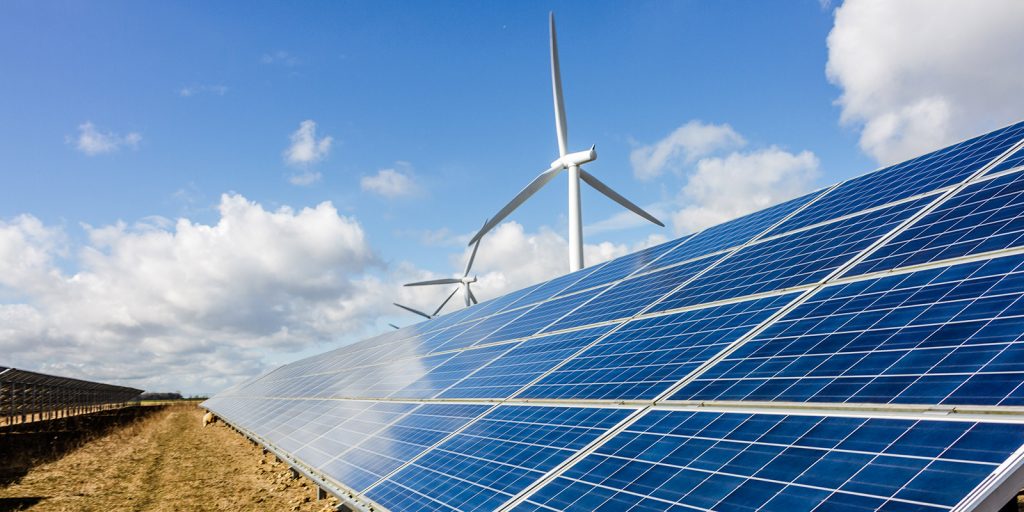
The Minister for Africa, Harriett Baldwin, on Thursday 7 March announced new funding to give more people and companies across Africa access to affordable, clean energy.
This comes at the time when the Department for International Development’s Transforming Energy Access programme, has already helped people and businesses across Africa cut 2 million tonnes of carbon emissions and improve the lives of 3.2 million low income people. It has also leveraged $359 million worth of investment in clean energy from the public and private sectors.
This additional UK aid, announced at an event in London, will fund research into new ways of storing energy in developing countries, including developing new types of batteries and ensuring that electrical waste does not pollute the environment.
Baldwin added that the initiative will also provide further funding to the Energy Catalyst Challenge fund for start-ups to develop new renewable technologies, including solar and bioenergy initiatives.
“This fund will improve access to renewable energy to thousands of low-income households and enterprises, develop new technologies, create jobs and help leverage public and private finance” Baldwin stated adding that the step up the UK’s commitment to clean energy partnerships and research into ways of engaging diaspora communities in the UK to crowdfund energy technology in African countries.
The celebrated Minister for Africa, also noted that transforming Energy Access is using the UK’s expertise in technology and finance to provide power for people across Africa and tackle one of the world’s biggest challenges, climate change.
“The UK government’s investment in clean energy and waste reduction for people and businesses will help millions of people across Africa. It’s a win for the developing world and a win for the UK.” She added.
It should be noted that since 2011, UK climate finance has helped provided 17 million people with improved access to clean energy.
There’s still some way to go, with 60% of Africa businesses saying access to reliable power is a constraint on their growth. Power outages cost African countries 1 to 2% of their GDP annually. Currently, 600 million people across the continent have no access to electricity and 70% of African people lack access to clean, non-toxic cooking fuels.
DFID is also allocating UK aid to scale up development of green mini-grids to improve access to clean energy for off-grid communities. This funding, in partnership with the African Development Bank’s Sustainable Energy Fund for Africa and the World Bank’s Energy Sector Management Assistance Program, will increase the numbers of green mini-grids in African countries from hundreds to thousands. It will also ensure that mini-grids are embedded into the wider energy network.
